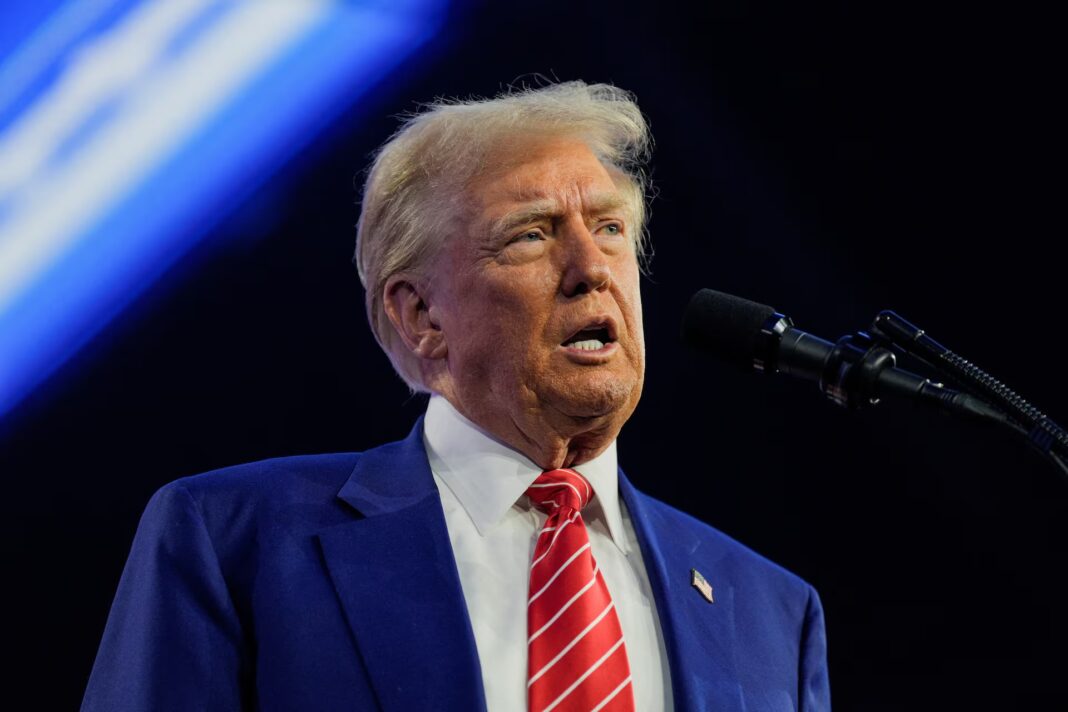President-elect Donald Trump is set to take office on Monday, aiming to reshape the federal government in unprecedented ways. Trump plans to include an executive order to remove job protections from about 50,000 career federal employees, allowing their replacement with loyal supporters.
Introducing Schedule F
Central to this strategy is the introduction of “Schedule F,” a new employment category. This classification would reassign certain civil service positions, making it easier to replace existing employees with political appointees. The goal is to embed political loyalists deep into government operations, more so than any recent president.
Early Signs of Change
Indications of this shift are already visible. Trump’s team has requested resignations from senior diplomats overseeing the U.S. State Department’s workforce and internal coordination. This move suggests a broader effort to replace experienced civil servants with individuals aligned with the new administration’s agenda.
Key Figures in the Overhaul
Several individuals have been appointed to lead this transformation. Russell Vought, former director of the Office of Management and Budget, is expected to play a significant role. Pam Bondi, nominated for Attorney General, and Sergio Gor, chosen to head the White House personnel office, are also tasked with implementing these changes.
Critics Raise Concerns
Critics argue that these actions could undermine the independence and efficiency of the federal workforce. They express concerns that replacing experienced civil servants with political appointees may lead to a lack of expertise and continuity in government operations. Additionally, there are fears that such moves could create a culture of fear among remaining employees, potentially stifling open communication and innovation.
Potential Impacts on Government Functioning
The proposed changes could have significant implications for how the federal government operates. By placing political appointees in key positions, there is a risk of politicizing functions that are traditionally nonpartisan. This could affect the implementation of policies and the delivery of services to the public. Moreover, the loss of experienced personnel may hinder the government’s ability to respond effectively to complex challenges.
Challenges to Institutional Knowledge
The potential replacement of seasoned federal employees with politically aligned appointees could lead to a significant loss of institutional knowledge. Experienced civil servants often possess a deep understanding of complex policies, regulations, and historical context essential for effective governance. Their departure might leave gaps that political appointees, even with the best intentions, may struggle to fill. This lack of expertise could slow down critical decision-making processes and compromise the quality of services provided to the public.
Broader Implications for Democracy
Beyond operational concerns, the restructuring of the federal workforce under Schedule F could have broader implications for the principles of democratic governance. A politicized civil service risks undermining the checks and balances that ensure accountability and transparency within government operations. Critics warn that embedding loyalists in traditionally neutral roles could erode public trust in government institutions, fueling perceptions of partisanship and bias. The long-term consequences may include challenges in rebuilding a nonpartisan, professional civil service in future administrations.
Federal Workers Brace for Change
Federal employees across the country are preparing for potential changes to their roles and job security. Many are concerned about the stability of their positions and the future direction of their departments. The uncertainty has led to anxiety and apprehension within the federal workforce, as employees await further details on how these plans will unfold.
Way Forward
As President-elect Trump prepares to assume office, his plans to restructure the federal government represent a significant departure from traditional practices. While aimed at increasing efficiency and ensuring alignment with Trump administration’s goals, these changes also raise important questions about the future of the civil service and the potential politicisation of government functions. The coming months will reveal how these plans are implemented and their impact on the USA’s governance.

